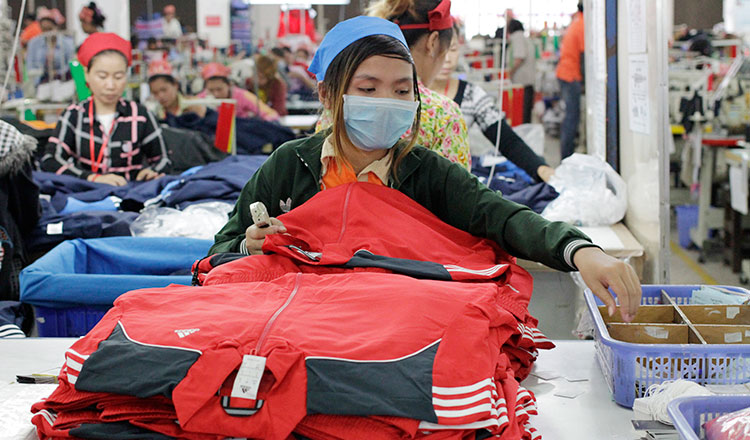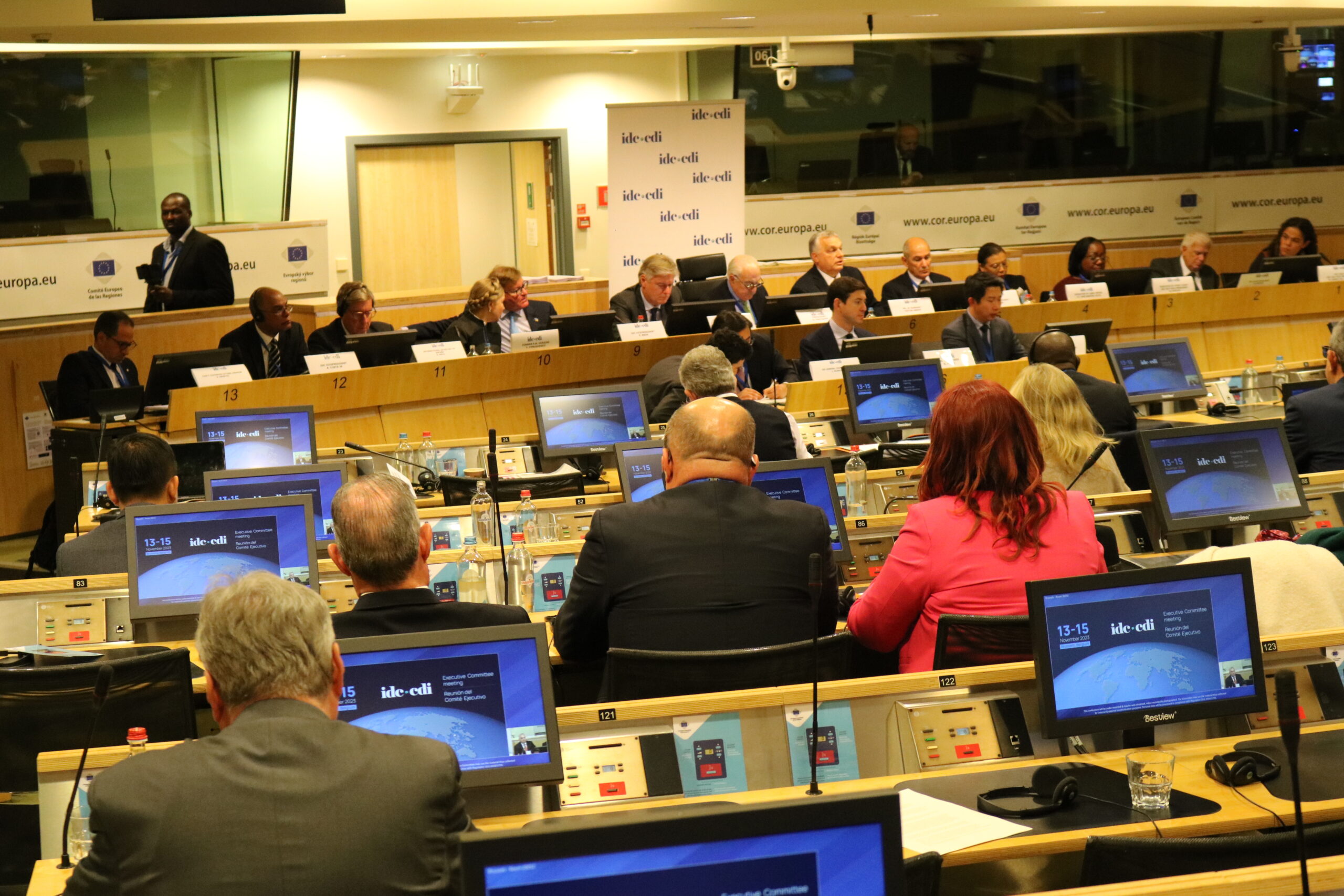After having experienced the atrocities of the Khmer Rouge’s genocide, Cambodia was able to establish the Extraordinary Chambers in the Courts of Cambodia (ECCC) to hold the leaders of the abovementioned regime accountable, create reparation programs for victims and survivors of the genocide and educate the younger generations about what happened in their country from 1975 to 1979 in order to avoid the history be repeated. The ECCC also contributed to the strengthening of the rule of law, one of the pillars of democracy.
Since the first general election organized by the United Nations Transitional Authority (UNTAC) in 1993, Cambodia has endured a gradual and sustainable democratization progress towards democratic consolidation and overall prosperity, including important achievements in the field of freedom of expression within the realm of the laws, commitment towards free and open market economy with remarkable economic growth, and the fight against the rise of populism in the country and other parts of the world.
As a country which suffered genocide, Cambodia is a valuable example for other post-conflict countries showing the pathways towards peace-making, peacebuilding, national reconciliation, nation building and economic development.
In this context, the CDI urges the Government of Cambodia to continue to work towards the consolidation of democracy and the rule of law in the country and to ensure respect for public freedoms and fundamental rights.
To further promote peace and sustainable development, the CDI welcomes Cambodia’s initiative to establish the Asian Cultural Council (ACC) as an affiliate body of the International Conference of Asian Political Parties (ICAPP) in partnership with the United Nations Educational, Scientific and Cultural Organization (UNESCO). CDI welcomes the decision by the Cambodian People’s Party (CPP) to hold the official launching of the ACC in Siem Reap on 15-16 January 2019 under the leadership of Samdech Hun Sen, Prime Minister of Cambodia, as the honorary founding chairman of the ACC.
Rapid economic growth in the last 20 years in Cambodia has raised millions of Cambodians from poverty. The rising middle class has become the foundation of democratic consolidation in Cambodia. CDI expresses concerns that a potential suspension or withdrawal of the Everything But Arms (EBA) scheme by the European Union would seriously affect poverty reduction effort in Cambodia as about one million factory workers rely on the export markets in the EU and the United States. Moreover, the removal of the EBA will destroy the legacy and efforts of the EU in poverty reduction in Cambodia and the region.
For all the exposed, the CDI urges the EU to constructively engage on an open and positive dialogue with the Cambodian authorities to find holistic solutions in the interest of the Cambodian people.
At the same time, the CDI calls on our member parties in Cambodia, the Cambodian People’s Party (CPP) and the FUNCINPEC, to closely monitor the democratic obligations of the Cambodian Government and collaborate with the country’s institutions to ensure the right environment for fruitful discussions and deeper cooperation between Cambodia and the EU.








